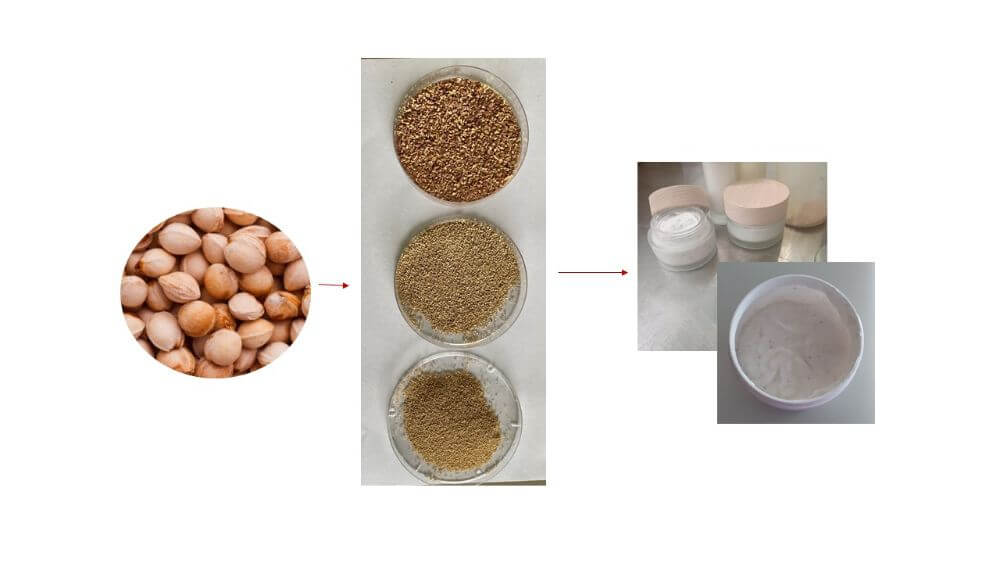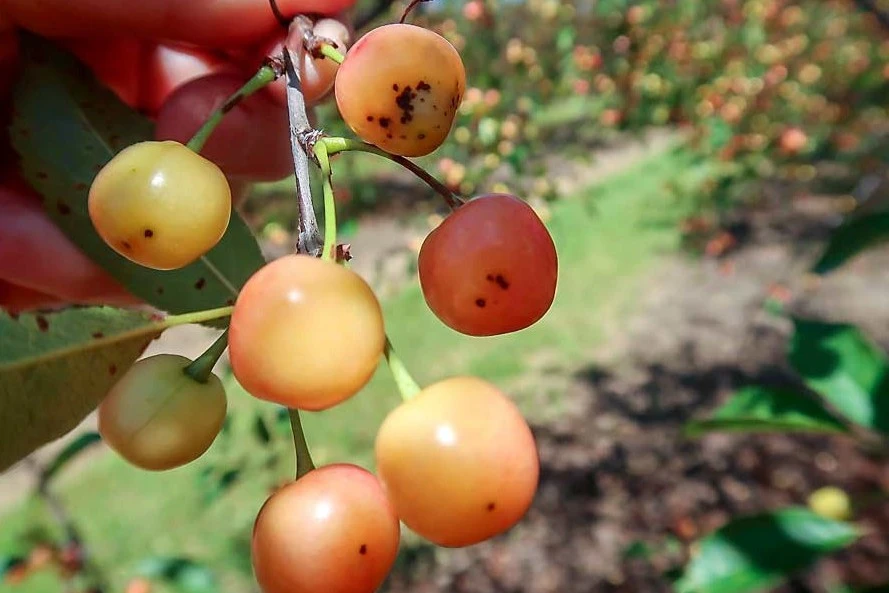The cherry is a highly perishable fruit with a relatively short shelf life, which limits its trade as the time between harvest and consumption cannot be extended. Therefore, the most common trade options may be domestic sale or export to nearby destinations with a transit time of no more than seven days. In early varieties, this becomes more serious, as they tend to have a lower flesh consistency at harvest, resulting in lower post-harvest quality.
Due to the above, these types of crops are rarely stored for long periods of time. However, in the case of late varieties of cherries, it may be necessary to extend the distribution and marketing period in order to extend their availability on the market. In these situations, the implementation of post-harvest technologies can help preserve the quality of cherries for a longer period.
This allows the industry to transport the fruit to distant export markets via sea transport instead of air transport, resulting in lower shipping costs. In addition to the traditional quality parameters, the colour of the stalk is also important in cherries. The colour of the stalk is very sensitive to moisture loss, the appearance of which indicates the freshness of the fruit.
At the time of harvest, the stalk is green and thick, but over time it turns ochre and becomes thinner with age. Today, modified atmosphere packaging (MAP) is widely used to preserve the quality of cherries during storage and transport after harvest. This technology makes it possible to maintain an adequate level of moisture inside the package, avoiding dehydration of the fruit and its stalks.
Modified atmosphere packaging is a technology that is used in conjunction with refrigeration to slow down the ageing process of fruit and vegetables, reduce physiological changes and prevent product spoilage. In addition to this technique, previous research has shown that other post-harvest preservation technologies, such as 1-methylcyclopropene (1-MCP), an inhibitor of the action of ethylene, can also positively influence the quality of non-climacteric fruits, such as grapes and cherries.
Therefore, the aim of the research conducted by the Instituto Tecnologico y Agroalimente de Extremadura, Agrofresh Iberica and the Association of Fruit Growers of Extremadura (AFRUEX) was to analyse the joint impact of 1-MCP and MAP on the quality of cherries cv. Lapins during prolonged storage periods.
The results indicate that, although the cherries are not climacteric, they partially respond to 1-MCP treatments, which help to preserve firmness and acidity during storage. Skin colour examination showed an increase in fruit pigmentation during the storage period. The method that had the most positive impact on the prevention of fruit browning during cold storage was Modified Atmosphere Packaging (MAP), regardless of the application of 1-MCP.
Contrary to expectations, 1-MCP appears to stimulate the production of anthocyanins, which are the pigments responsible for the distinctive colour of cherries. With regard to pedicel colour, only modified atmosphere packing had a relevant impact on the prevention of pedicel dehydration.
Therefore, the combined use of 1-MCP and modified passive atmosphere could be an effective strategy to extend the shelf life of cherries under ideal conditions for consumption, as it produces synergistic effects that contribute to preserving the quality attributes of cherries.
Source: Desafíos en maduración y postcosecha de frutos y hortalizas (Madrid 2024)
Image: SL Fruit Service
Melissa Venturi
University of Bologna (IT)
Cherry Times - All rights reserved










